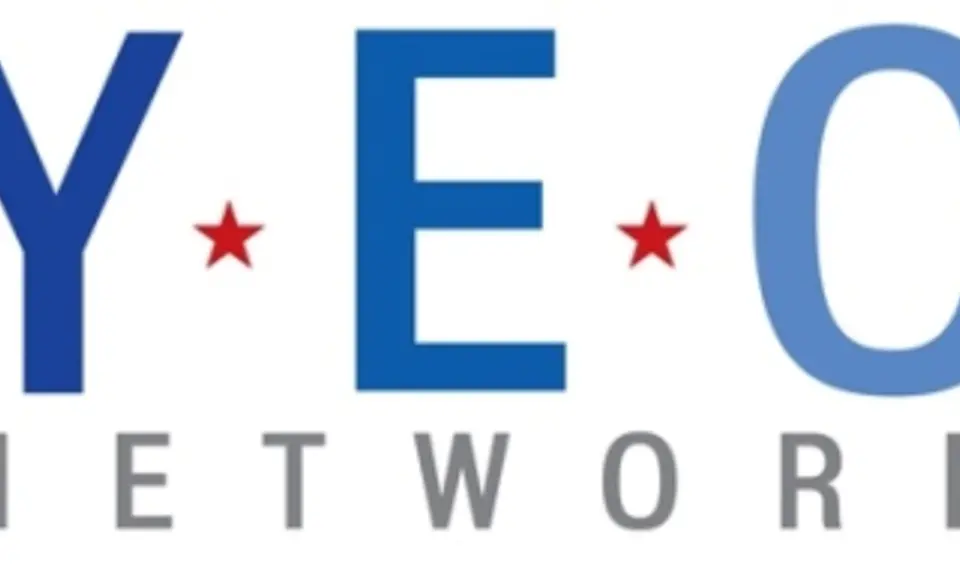The following is a guest post by Roeland Park Councilwoman Megan England, member of People For the American Way Foundation’s Young Elected Officials Network.
Before a city council vote last week in Roeland Park, Kansas, it was legal in our town to refuse or terminate housing, services, or employment for someone on the basis of who they are or who they love. I didn’t believe that our community would tolerate this kind of treatment for our lesbian, gay, bisexual, and transgender neighbors and friends. As a councilmember, I felt the obligation to ensure that everyone — regardless of sexual orientation, gender identity, or military status — has the opportunity to live, work, and contribute here.
This spring, Councilwoman Jennifer Gunby and I introduced a non-discrimination ordinance providing protections for the LGBT community and others. This seemed like the right thing to do for many reasons. First, it’s fair and just. It shows that our town, like so many others, values diversity and inclusion. It highlights the shared values of our community. It’s good for our economy, since it attracts businesses and visitors who want to feel that everyone is welcome in our town. It supports a strong and productive workforce and happier, healthier communities. What’s more, many of our neighboring towns were already a few steps ahead of us. Cities like Lawrence, Kansas and Kansas City, Missouri have had similar non-discrimination protections for over 20 years. In every corner of the country, cities and towns are increasingly understanding the importance of passing laws that prevent discrimination. And we were thrilled last week when Roeland Park finally did, too.
However, we still face an uphill battle in the larger fight for equality. In my work on this ordinance, I’ve learned that many people — even members of the press — are still unaware of the lack of federal protections in place for the LGBT community. There’s no end in sight to congressional gridlock in Washington, and it may be a while before our state of Kansas has the leadership necessary to wipe discrimination from the books. My hope is that other local elected officials will realize, like I did, that they have the power to make a simple but profound change in the lives of those they are sworn to represent. While change may be slow nationally, at the local level we have a tremendous opportunity to protect and serve our constituents, and to drive progress and innovation.
When Councilwoman Gunby and I began this process, we thought change might come quickly; we didn’t expect five months of revisions, public hearings, and tense discussions. While much longer and more difficult than we imagined, I now realize the importance of that process. It reaffirmed my respect for the political process. I saw the benefits of engaging the community in a critical dialogue, and in bringing light to the issue week after week. In some of the more difficult moments, when I wasn’t sure that the ordinance would ultimately pass, I wondered if it had all been worth it. One local transgender man answered that for me by sharing the story of how speaking publicly for the first time and simply telling his personal story encouraged young trans people to reach out to him for support and guidance. It was this act of kinship, of humanity and community, that reinforced for me the importance of the process no matter the outcome.
When focused on the big picture, we sometimes fail to see the smaller impacts of our work, the daily reverberations. But now, with both the ordinance in place and many conversations started, our community is all the better for it.
